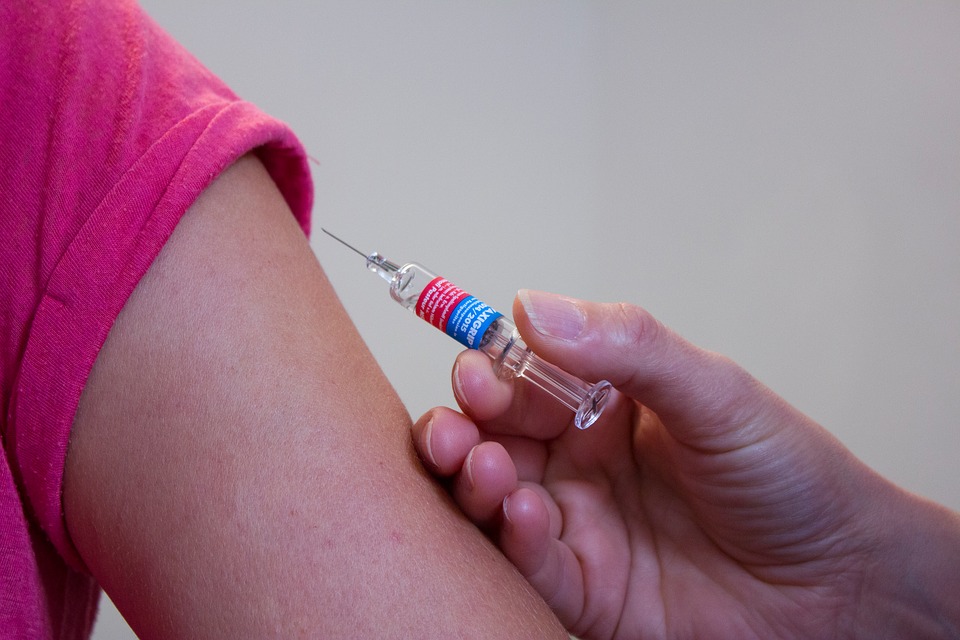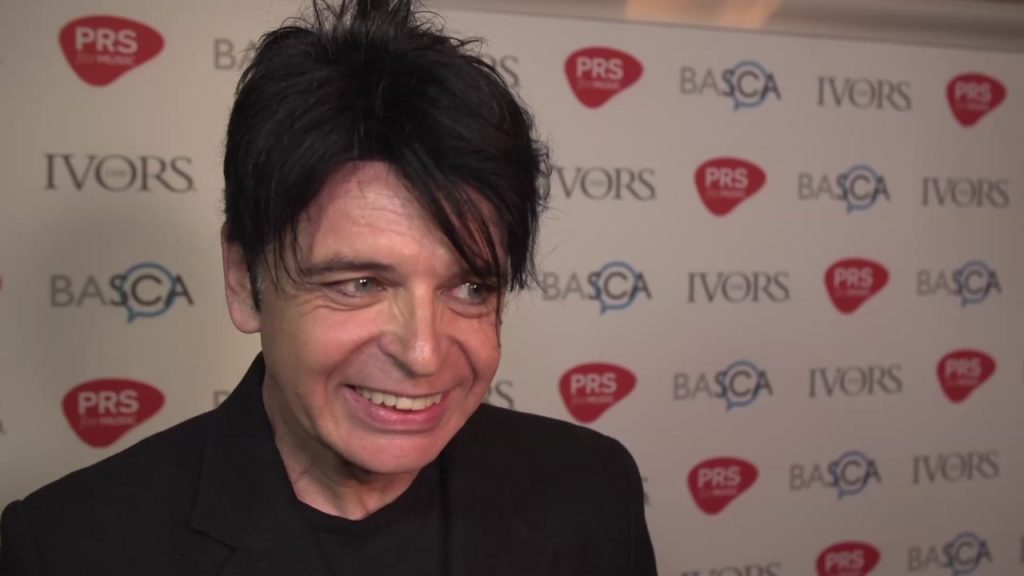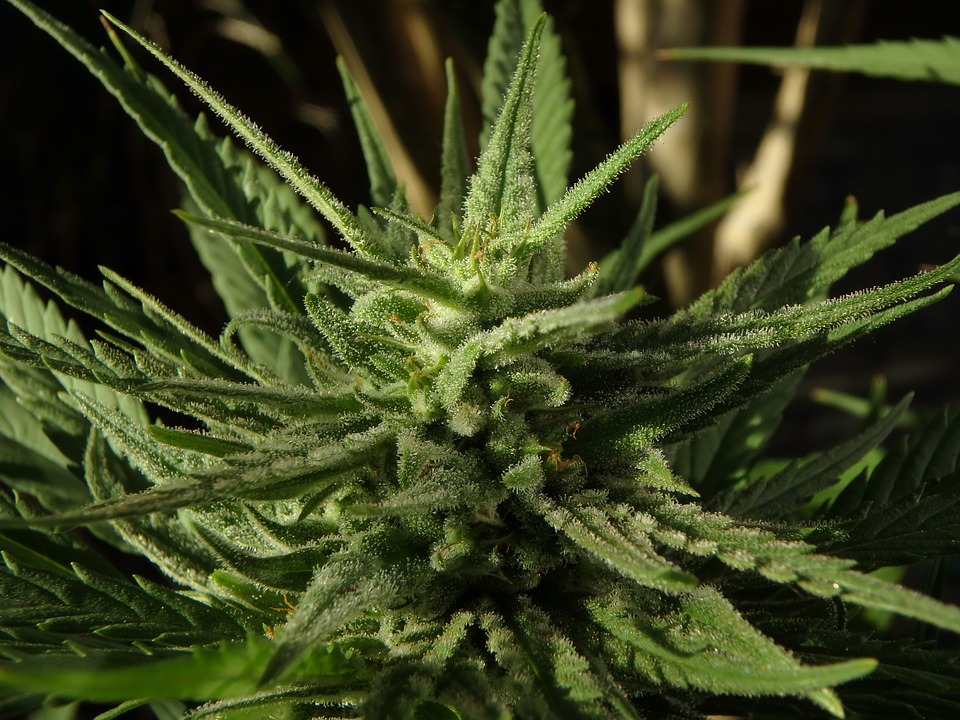It been shown time and time again how constructive music education is in all areas of cognitive development, but it also proves to be especially helpful to those with Autism Spectrum Disorder, (ASD). Autism and music seem to go hand and hand when thoughtfully implemented and utilized. As showcased by the Autism Spectrum Disorder & Music Infographic. There are many things about music and autism that complement each other and really allow for the person with autism to excel. There are many things that we would find very obvious but more powerful than words can allow. The most important one being that music is human, a universal language. When considering that many people with autism struggle with expressive language, this is the ultimate mode of communication, one that doesn’t need words. This in turn can make the music environment non-threatening and a prime avenue to learn and express oneself. Music also lends itself to a secure and safe environment for those with autism because it provides the structure and predictability for those that thrive on routines.
Music and the Brain
Next to the awesomeness of universality and security is the ability of music to connect multiple area of the brain, thus making music whole brained. Music triggers both hemispheres of the brain and increases the rate of success across domains including cognition, motor, social, communication, and behavior. Singing rather than speaking is a commonly used intervention in music therapy because it activates different areas of the brain where pitch, rhythms, timbre, and melody are located. Singing a direction will often increase a persons attention, processing, and memory so they have more success in following the direction. Stroke patients can often sing before regaining the ability to speak fluidly.

Find more education infographics on e-Learning Infographics



